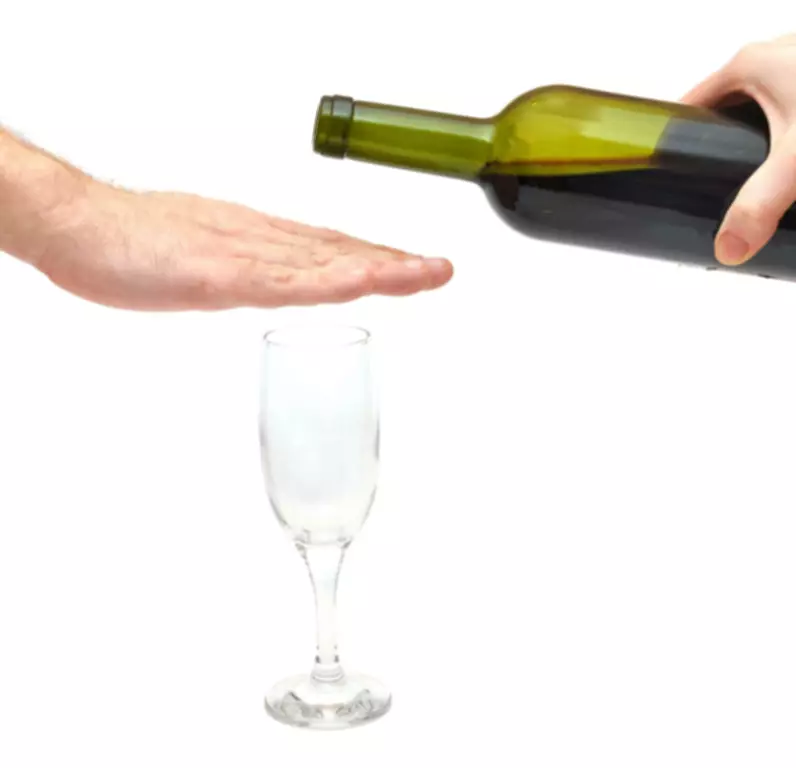Content
However, the personality characteristics of those who both drink and exercise are almost completely unstudied. A recent study found that the relationship between exercise and alcohol intake was strongest among those who scored highest on indices of impulsivity, including positive urgency and sensation seeking (47). Other personality constructs should be investigated as this will help to distinguish what populations are most likely to benefit from exercise-based interventions. The positive association between physical activity and alcohol intake may initially appear paradoxical, as physical activity is regarded as a healthy behavior and excess alcohol use tends to be categorized as an unhealthy behavior. Basic aspects of the relationship have begun to be studied, with a focus on demographics of exercising drinkers.

If you think abstaining from alcohol might give you the performance boost you need to reach your goals, I recommend trying it for a minimum of four weeks and seeing how you feel. You might just discover that the occasional glass of Malbec with a friend is all you need. If your goal is big enough and important enough to you, then so will be your desire to achieve it. While I’m certainly no expert in complete how alcoholism affects relationships sobriety, as a 30-plus-year triathlete, I do know a bit about motivation. For some of you, this means picking a date well before your “A” race to harness the enormous desire you have to meet a certain race goal and change your relationship with alcohol as a step towards it. When not drinking, you might begin to notice feelings of anxiety or other emotional distress, along with strong cravings for alcohol.
Are the Health Benefits of Rosé Wine Worth Switching?
It is important to understand whether the identified association between alcohol use and education outcomes is causal; in other words, whether alcohol use causes a change in education outcomes. If the relationship is causal, public health policies to reduce alcohol use could help improve not only child health but also educational outcomes and thus human capital in general. Chronic heavy or binge drinking contributes to a higher dementia risk over time and can also cause “blackouts” and memory loss after a night of drinking. Help your loved one plan how they’re going to avoid triggers to drink, deal with alcohol cravings, and cope in social situations where there’s pressure to drink. You can help your loved one find ways to distract themselves when cravings hit—by calling someone, going for a walk, or riding out the urge, for example—but ultimately only they are responsible for their sobriety.
AA is widely available, free of charge, and requires a desire to
stop drinking as the only “membership” requirement. Changing
Consequences of Drinking
It is common for family members to try to protect the drinker from the naturally
occurring negative consequences of drinking. They may assume the drinker’s
responsibilities; cover for the drinker at work; provide comfort and reassurance
after a drinking binge; hide their feelings about the drinking; hide the drinker’s
problems from family or friends, etc.
OF BRIEF INTERVENTIONS: WHEN THE DRINKER IS PRESENT
She’d have a few cocktails and get up the next day to train, even when she was hungover. Then a move to Buffalo coincided with the onset of the pandemic, which tabled socializing. It didn’t take long for her to notice how much better she felt without alcohol. When should you consider forgoing alcohol in favor of fitness performance—or overall wellness?
And while you may fall asleep a little faster after a cocktail, it actually decreases the overall quality of your night’s rest, which is the most critical aspect of recovery for athletes. Imbibing spurs the liver to metabolize alcohol during the night; as the blood alcohol level decreases, you’re more likely to have sleep disruptions. Robinson—knowingly or not—joined what’s often referred to as the “sober curious” movement, an umbrella term used to describe a reduction in drinking, be it in the form of total abstinence or simple moderation.
Substance Use Treatment
Being able to measure your success is extremely important so that you can keep track of your progress. Saying “I need to drink less” is undefined, because what is “less”, really? https://ecosoberhouse.com/ Taking all of the guesswork out of it and saying “I want to drink less than 10 drinks this week” is a clear and objective statement that you can later track to see how you did.
- When you are active, no matter what you are doing, all of these functions are imperative to keep up the pace and efficiently be aware of your surroundings.
- You should prepare the family by explaining that
the drinker does not always respond to such discussions or requests with immediate
acceptance.
“Perhaps the most important thing is to establish an honest and open relationship with money, to view repairing one’s relationship with money as you might repair any relationship that has become damaged during AUD,” she says. During my active alcohol use disorder I had numerous high interest credit cards and I didn’t think twice about maxing them out every month. Over the years I accrued well over $40,000 in debt and I know I’m not alone. Just ask yourself why you feel the need to be dishonest about your drinking. Successful relationships are built on a foundation of honesty and trust, and any type of secrecy is a red flag. Even if you have a powerful connection with the person you love, this can be diminished by a strong need and desire to drink.
How Drinking Alcohol, Regularly and to Excess May Affect Relationships
This part of the brain helps you make decisions and use rational thinking, giving you the ability to assess risks and maintain reasonable inhibitions. Alcohol has long been known to negatively affect the brain, harming brain cells and increasing the risk of brain injury from other sources like poor nutrition, liver disease, and head trauma. A neurotoxin negatively affects the nervous system and nerve cells, potentially even causing long-term damage.
- Studies have shown that nearly half of adults who drink want to cut back, but not quit entirely.
- Help your loved one plan how they’re going to avoid triggers to drink, deal with alcohol cravings, and cope in social situations where there’s pressure to drink.
- The effects of alcohol include pushing the body to release more stress hormones and making it more difficult to absorb essential nutrients.
- The instruments can be
either self-administered, for clients who have sufficient reading ability,
or used in a face-to-face structured interview format.

